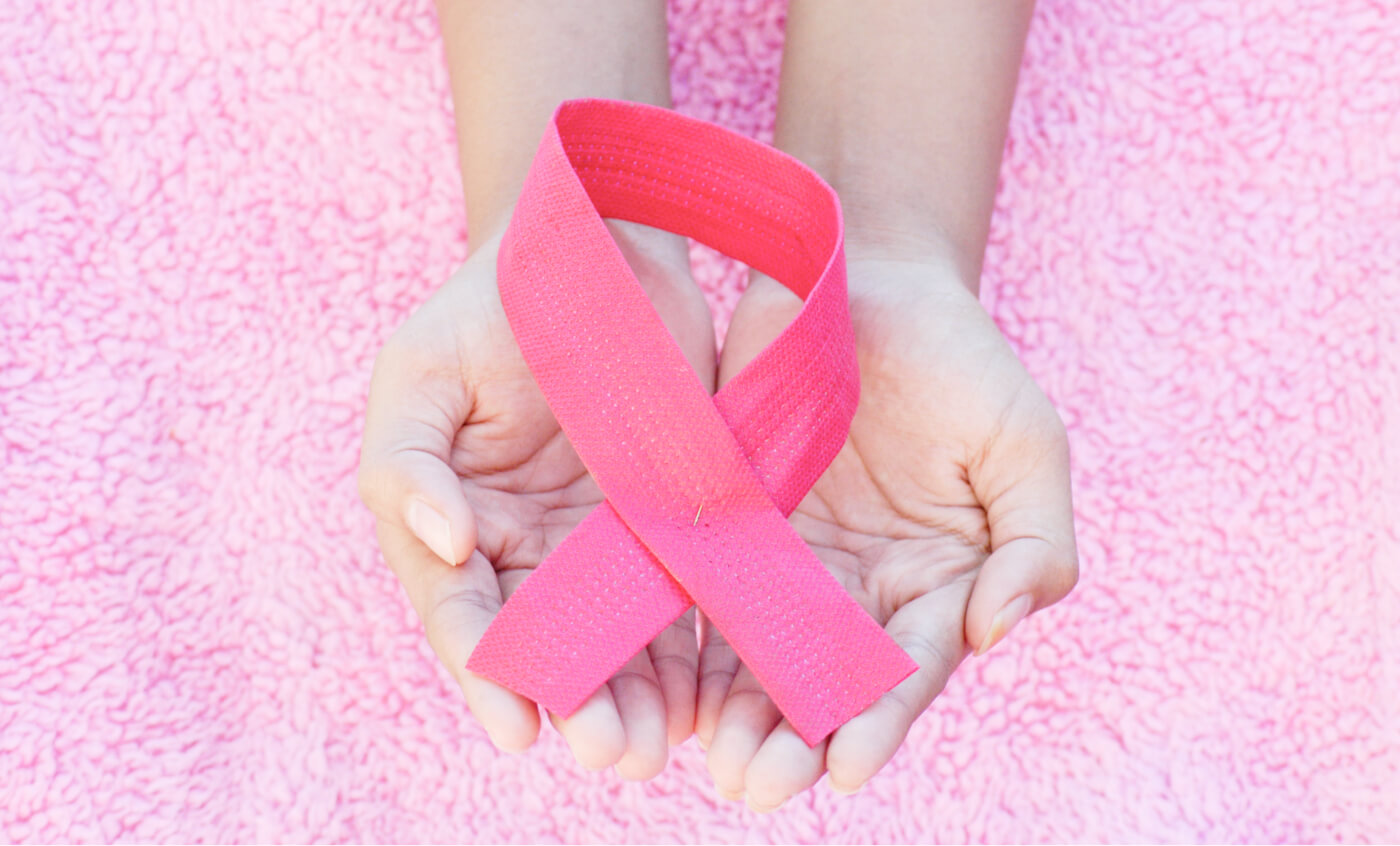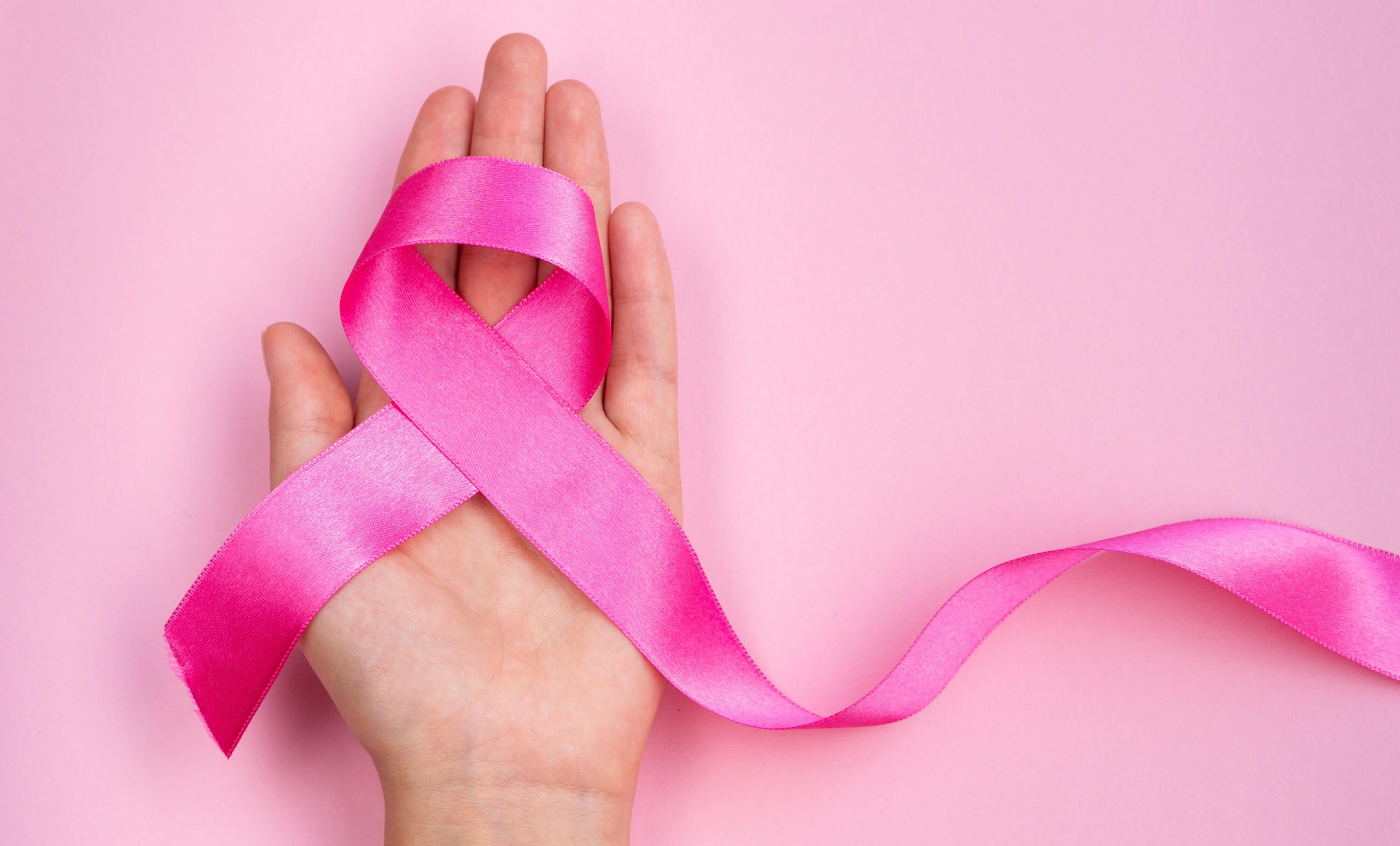Lung Cancer: Signs and Symptoms
-
Lung cancer tends to only show signs and symptoms in the advanced stages. Below are some of the signs and symptoms of lung cancer. Should you experience any of them, it is advisable to visit a doctor. The appropriate treatment, including lung cancer radiation treatment, can be recommended, depending on your condition.
-
Constant and Persistent Coughing
Cancerous tumours can stimulate receptors in the airway, which results in persistent coughing. Chronic coughing can be distressful and affects many with lung cancer. It may worsen as the cancer progresses and becomes more advanced.
-
Shortness of Breath
Lung cancer tumours may block airways, exert unnecessary pressure on the lungs, or cause inflammation in the respiratory system. In such instances, your respiratory system is prevented from working to its fullest ability. Breathing then becomes a challenge, which leads to shortness of breath.
-
Chest Pain
Enlarged lymph nodes or metastasis to the chest wall, pleura, or ribs may result from lung cancer. This can cause chest pain. Additionally, you may also feel pain in your back or other parts of the body if the lung cancer has spread to your bones.
-
Coughing up Blood
Hemoptysis is referred to as the condition of coughing up blood. The bronchial arterial bleeding within the tumour is often the cause of hemoptysis. If this symptom is caused by lung cancer, lung cancer radiation treatment therapy may be recommended.
-
Fluid in Chest
Pleural effusion, also known as ‘water on the lungs’, occurs when excess fluid accumulates between layers of pleura outside the lungs. Cancer cells can increase pleural fluid production and decrease fluid absorption.
-
What Causes Lung Cancer?
Smoking is a major cause of lung cancer. This is because cigarette smoke contains a wide variety of carcinogens (cancer-causing substances) that affect lung tissues when exposed over a long period of time. The lung cells become damaged and start to act abnormally, leading to potential lung cancer. Even non-smokers can develop lung cancer if they are exposed to smoke, asbestos, and diesel exhaust. Lung cancer rates between smokers and non-smokers may differ. For non-smokers, the tumours develop in young people and have a different gene makeup than tumours found in smokers.
Doctors also theorise that inherited faulty DNA repair mechanisms can also lead to some NSCLCs. For instance, there are some people who are less able than others to break down or eliminate certain types of cancer-causing chemicals from the body, such as those found in tobacco smoke. This increases their risk for lung cancer, and they may require lung cancer radiation treatment. Those whose DNA repair enzymes do not work normally may be especially vulnerable to cancer-causing chemicals and radiation as well.
Occasionally, lung cancer develops in people without known risk factors. It is possible that some of these are just random events with no outside cause, while others may be attributed to factors that are unknown to us.
Risk Factors
Lung cancer risks are influenced by a number of factors. Identifying and understanding these factors can help us better look into prevention methods, thus decreasing our overall risk. Below are some of the risks of lung cancer.
-
Smoking
Smoking damages the cells that line the lungs. By inhaling cigarette smoke, which is full of carcinogens, lung tissue changes almost immediately. Each repeated exposure damages the cells even more. Eventually, the cells start to act abnormally, and cancer develops. To treat this condition, lung cancer radiation treatment may be recommended.
-
Exposure to Second-hand Smoke
Second-hand smoke exposes non-smokers to many of the same cancer-causing substances. It is not risk-free, and even brief exposure poses health risks. In fact, second-hand smoke causes approximately 7,330 deaths from lung cancer.
-
Exposure to Carcinogens
Carcinogens are cancer-causing substances. Benzene, beryllium, asbestos, vinyl chloride, and arsenic are examples of chemicals that have been discovered to cause cancer. Cigarette smoke also contains a wide variety of carcinogens.
-
Family History of Lung Cancer
People with inherited DNA mutations (changes) are much more likely to develop certain types of cancer. Despite the fact that inherited mutations are considered to be a relatively rare cause of lung cancer, genes do play a role in some families with a history of the disease.
-
Air Pollution
Exposure to air pollution may cause tiny particles to build up in the lungs, changing how cells replicate. DNA damage can occur, and hence, lung cancer ensues, which requires the need for lung cancer radiation and other forms of treatment.
Preventing Lung Cancer
The risk of lung cancer can be decreased by not smoking and avoiding second-hand smoke exposure. Damaged lung tissues may gradually repair themselves if a smoker quits before cancer develops. The sooner one quits smoking, the lower the risk of developing lung cancer. Taking precautions at work and wearing protective gear to prevent unnecessary exposure to workplace carcinogens help too.
No doubt, integrating healthier lifestyle choices reduces the risk of most cancers, including lung cancer. One way to do this is to eat a healthy diet. Studies suggest that eating fruits and vegetables may help smokers and non-smokers prevent lung cancer. However, any positive effects from fruits and vegetables would pale in comparison with the increased risk associated with smoking. Smokers with lung cancer may require lung cancer radiation treatment based on their doctor’s recommendations.
Another way to live a healthier lifestyle is to exercise regularly. Even moderate amounts of exercise can aid in lung cancer prevention. Exercise regularly improves lung function, reduces carcinogens, and enhances the body’s ability to repair damaged DNA in lung cells. The City of Hope National Medical Center in California conducted a review, revealing that routine physical activity can lower lung cancer risk by between 20% and 30% in women and between 20% and 50% in men.
"I guarantee my very best expertise delivered with compassion and dignity as we journey TOGETHER to BEAT this dreaded illness."
- Dr Johann Tang
Make An Enquiry
Got Queries? Book an appointment with Dr Johann Tang by filling up this form. We'll get on a call with you as soon as possible.
Prefer to talk? Call us directly at +65 6690 6811
or email us at drjohanntang@gmail.com
Lung Cancer: What Are The Available Treatments?
Lung cancer treatment varies from patient to patient, depending on their condition. Treatment options include lung cancer radiation treatment, chemotherapy, surgery, and targeted therapy. Ultimately, it is advisable for lung cancer patients to consult their doctor to find a suitable lung cancer treatment option tailored to them.
-
Lung Cancer Radiation Therapy
This commonly used radiation treatment kills cancer cells that are still localised to a region of the lung and within its lymph nodes. The powerful, high-energy X-rays from lung cancer radiation therapy can also keep the cancer cells from growing.
-
Chemotherapy
Chemotherapy plays a key role in treating SCLCs and is frequently used in combination with lung cancer radiation treatment for later stages of lung cancer. It works by preventing the cancer cells from growing, dividing, and making more cells.
-
Surgery
Surgery is more frequently used to treat earlier stages of lung cancer, such as stages one and two. It may involve removing the tumour, surrounding lung tissue, and lymph nodes in the region of the tumour.
-
Targeted Therapy
In targeted therapy, drugs are used to target specific genes and proteins associated with cancer cell growth and survival. It is beneficial for patients who have cancer cells with abnormal genetic mutations that make them more vulnerable. Your doctor may combine targeted therapy with chemotherapy and other treatments to treat your lung cancer.
Preparing For Lung Cancer Surgery
If surgery is recommended, your doctor will arrange a consultation to describe the operative procedure and explain the approach and risks involved. Take this opportunity to take plenty of notes, and do not hesitate to ask questions.
Before your surgery, you may be required to undergo several test screenings to assess your overall health and the extent of the cancer. This information can help your doctor make decisions about your risks and how to manage your recovery.
Meanwhile, maintain your health by exercising regularly and eating a well-balanced and healthy diet before surgery. Avoid consuming a heavy meal the night before your operation. If you are a smoker, attempt to quit smoking, as it can hinder the healing process and increase the risk of complications.
Consult your doctor if you are on medications or taking vitamins and supplements. They can provide guidance on whether the dosage needs to be adjusted or temporarily stopped before the surgery.
Recovering From Lung Cancer Surgery
Lung cancer surgery is a major surgery. As a result, it will take time for you to recover fully. You will likely spend a few days in the hospital for monitoring before being discharged and undergoing a period of healing.
Proper post-surgery care is vital for a smooth recovery and optimal healing. Your doctor will recommend you get plenty of rest and engage in light exercises, like walking, to aid circulation and prevent blood clots. Avoid strenuous activities until your doctor has given you the green light.
"I guarantee my very best expertise delivered with compassion and dignity as we journey TOGETHER to BEAT this dreaded illness."
- Dr Johann Tang
Make An Enquiry
Got Queries? Book an appointment with Dr Johann Tang by filling up this form. We'll get on a call with you as soon as possible.
Prefer to talk? Call us directly at +65 6690 6811
or email us at drjohanntang@gmail.com
Related Articles
Contact Dr Johann Tang
Frequently Asked Question
Lung cancer does not necessarily mean a death sentence. Early detection and treatment, such as lung cancer radiation treatment, may cure the disease.
There are several treatment options for lung cancer, including radiation treatment, chemotherapy, and surgery. Ultimately, treatment success depends on your condition and what your doctor recommends.
The overall risk is low, and only 8% of lung cancers run in families. Nevertheless, discussing your family history with your doctor is a good option for those with health concerns.
While surgery may work better for one patient, lung cancer radiation treatment may be better suited for another. It depends on the condition and what your doctor advises.
Finding out about cancer is never easy. It is recommended to talk to family and friends and lean on them for support. Alternatively, you can also talk to a therapist and remember to take care of your health by eating and sleeping well. It is also imperative to begin your lung cancer treatment promptly, as starting treatment early can improve your chances of recovery.
It takes most lung cancers between three and six months to double in size. Therefore, it could take several years before lung cancer reaches a size where it can be detected by a chest X-ray.




